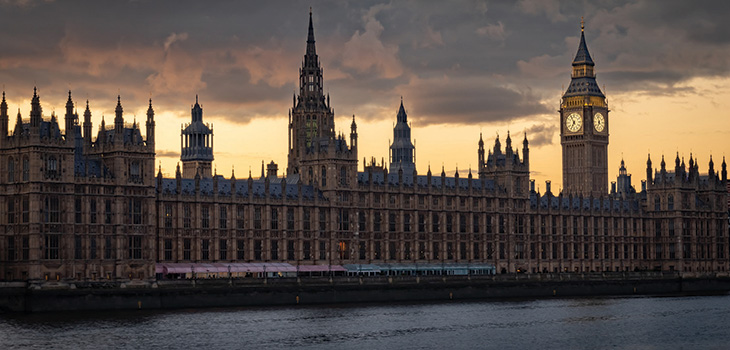
The long title of the Terminally Ill Adults (End of Life) Bill recites that the Bill’s purpose is ‘to allow adults who are terminally ill, subject to safeguards and protections, to request and be provided with assistance to end their own life’. The Bill, which extends only to England and Wales, envisages that such assistance would take the form of the provision by a doctor of an ‘approved substance’—self-evidently a lethal poison—to be ingested or otherwise self-administered by the person seeking assistance (cl 23).
As the law of England and Wales stands, any death arising as a consequence of the ingestion or administration of a lethal substance constitutes an unnatural death which the local coroner is under a statutory duty to investigate in accordance with s 1 of the Coroners and Justice Act 2009:
‘Duty to investigate certain deaths
(1)









